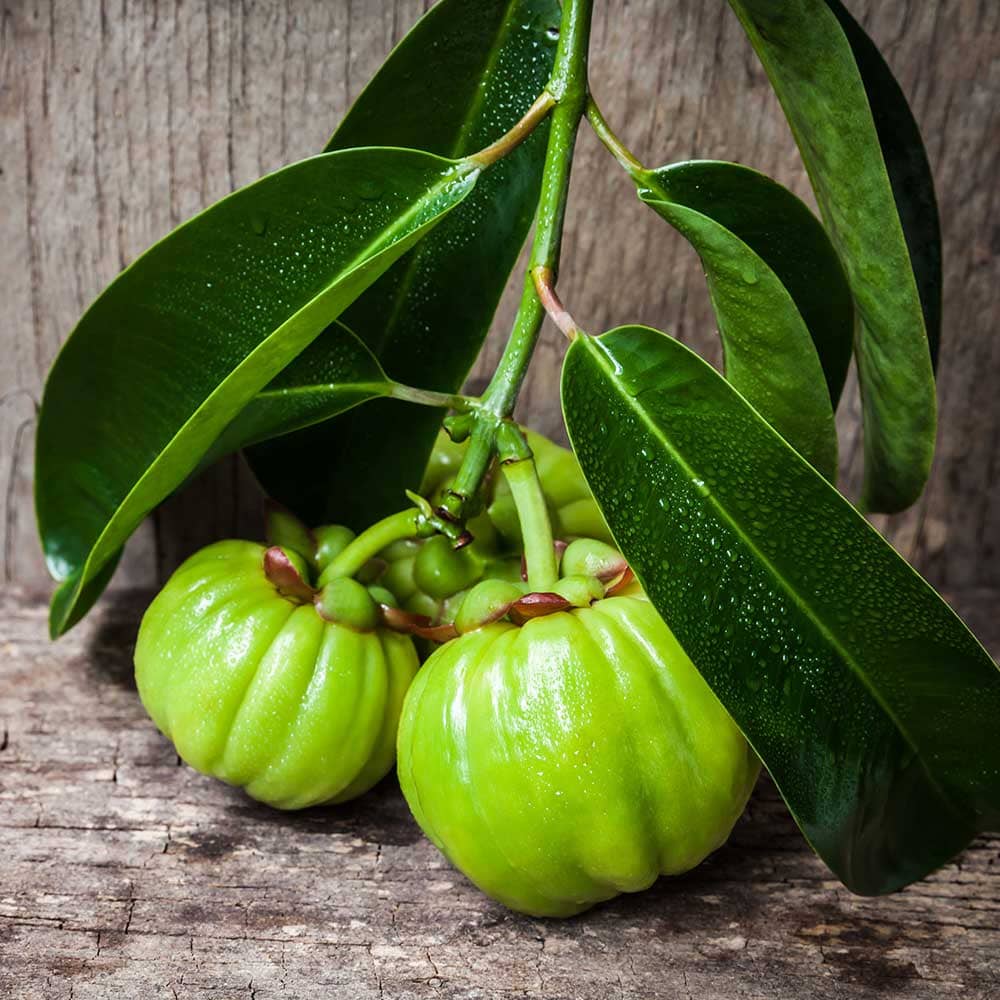Garcinia Cambogia Facts, Health Benefits, and Side Effects
Because of the sour taste of its flesh, Garcinia cambogia is not normally eaten raw. It’s great for pickling and as a key ingredient in dishes like soups and curries. Aside from its culinary use, Garcinia cambogia is also believed to have medicinal uses.
Garcinia Cambogia Facts
The common names of Garcinia cambogia
Garcinia cambogia is more commonly known as brindle berry, Malabar tamarind, and kudam puli.
Botanical name and family of Garcinia cambogia
Garcinia cambogia is actually the plant’s former scientific name. Today, its proper botanical term is Garcinia gummi-gutta. It belongs to the Clusiaceae family.
Geological places where Garcinia cambogia grows
The plant is native to Indonesia. The tropical species is also cultivated in Southeast Asia, coastal regions of India like the neighboring states of Kerala and Karnataka, as well as West and Central Africa.
Garcinia cambogia Health Benefits and Medicinal Uses
Most of the claims about Garcinia cambogia center around weight loss. A Women’s Health feature on the plant explains that it contains hydroxycitric acid (HCA), which is mostly found in its rind. This compound has been linked to weight loss as it has properties that can promote fat burning.
1. Suppressing appetite
One of the main beliefs about Garcinia cambogia is that it can be effective in suppressing appetite. As some studies suggest that these fruits stimulate the production of serotonin. This brain chemical is responsible for curbing food cravings and promoting the feeling of being full.
Research has shown that HCA, the active ingredient in garcinia cambogia, can cause a reduction in blood glucose after meals. This is because it can slow the absorption of glucose by the small intestine.
One study found an improvement in blood glucose profiles after subjects took 1000mg of Garcinia cambogia daily for six months. (6 Proven Health Benefits of Aloe Vera Juice for Diabetics)
3. Reduce fat production
Other than controlling one’s hunger, Garcinia cambogia is also believed to inhibit the production of fats. Experts claim that it regulates the production of the enzyme citrate lyase, which is responsible for storing fat in tissues and organs.
4. Aids digestion
Traditionally, garcinia cambogia has been used as a digestive aid.
Garcinia cambogia rind is frequently referred to in traditional medicinal literature as a remedy for bowel issues and diarrhea, although research on this is lacking.
5. Overall weight loss
There are several studies that confirm that Garcinia cambogia is effective at helping overall weight loss.
A 2003 study conducted in Japan found that after 16 weeks of taking Garcinia cambogia extract, participants had significantly reduced fat compared with those in the study who took a placebo.
Another study from 2018 found that taking 1000mg garcinia cambogia every day for 6 months – without changing their other lifestyle factors – saw weight loss in the majority of study participants.
How to consume Garcinia cambogia
Given that the taste of its fruit can be off-putting, Garcinia cambogia is often consumed in juice form. It can also be found pickled, sun-dried, or smoked. These can be ingested as is or, as mentioned, used in cooking as a flavor-enhancing ingredient.
For weight loss purposes, the HCA content of the fruit can be extracted and turned into pill, capsule, or powder form. These can be bought in health food stores or wherever weight loss products are sold. You may also spot the plant extracts as an additive to similar products. In fact, Pretty Me’s areview of Lean N Green coffee lists Garcinia cambogia as one of its key ingredients, as its appetite-suppressing and fat-blocking properties are meant to complement green coffee beans and green tea.
Garcinia cambogia is believed to enhance the weight-loss properties of products when mixed with other potent weight-loss ingredients. It is best, however, to consult professionals for dosage and frequency of use.
Side effects of Garcinia cambogia
Before stocking your pantry with the plant’s extracts, it’s worth noting its potential side effects. Live Science warns that it is not recommended for diabetics, as it may interfere with treatment by lowering blood glucose levels. Pregnant and breastfeeding mums should also take caution as there aren’t sufficient studies exploring the effects of Garcinia cambogia on mothers and mothers-to-be. There are reports that Garcinia cambogia may be responsible for liver damage in prolonged usage.
Conclusion
In conclusion, Garcinia cambogia should be used cautiously even though it shows promise in aiding weight loss. After all, adopting a balanced diet and leading a healthy lifestyle are the keys to having a healthy body.











